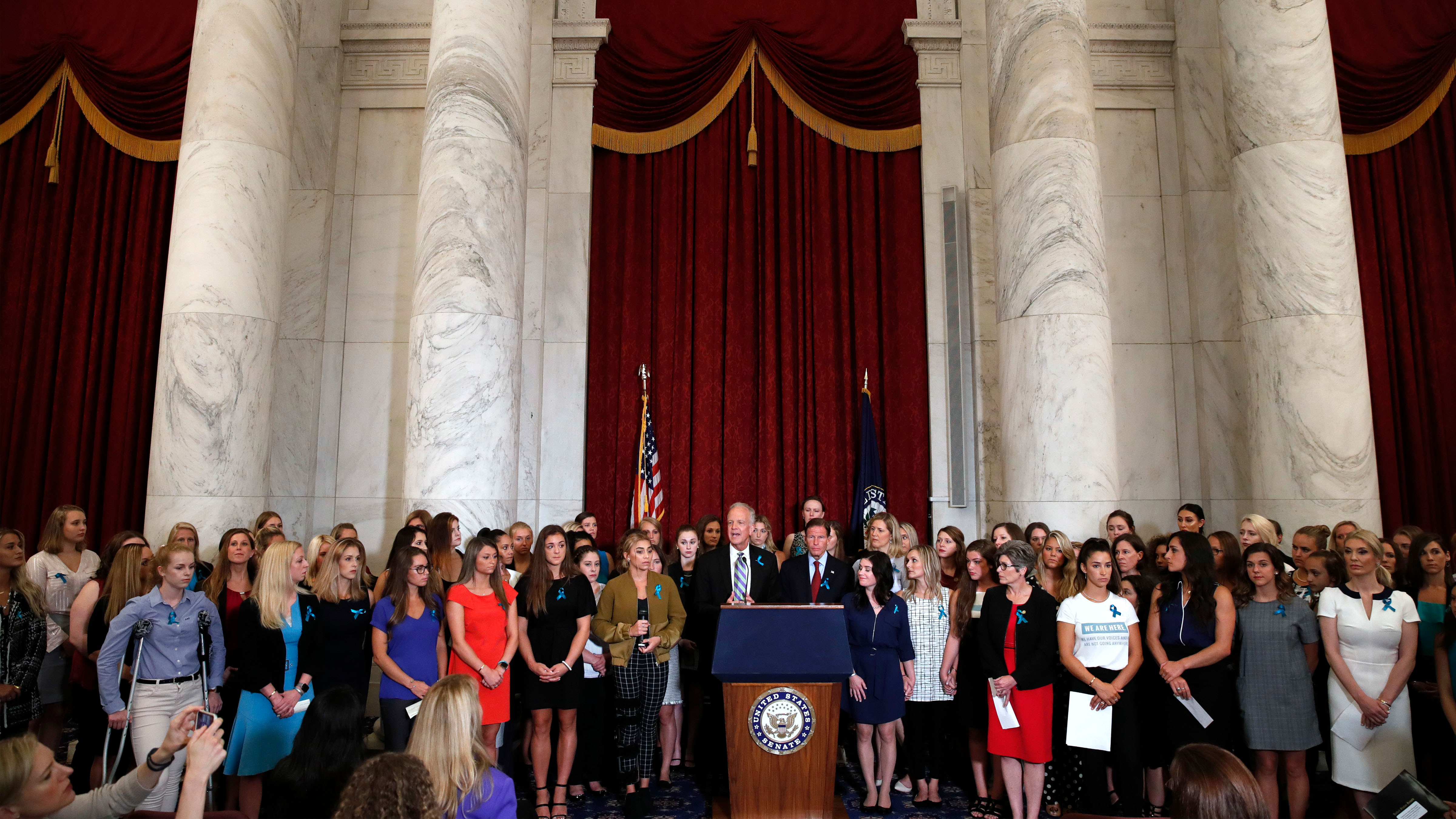Young lacrosse star balances Type 1 diabetes with his sport
PLYMOUTH MEETING, Pa. (WPVI) -- Managing type 1 diabetes can be challenging for both a child and family. Add in sports, and the balancing act gets more complicated.
Ricky Amorim has been hooked on lacrosse since 4th grade.
He's a high school all-american, with a division 1 college scholarship offer.
And he's done it, despite the daily challenges of type 1 diabetes.
The disease appeared at age 7.
"I was pretty scared myself, I didn't really know what my future was going to be," says Ricky, a sophomore Plymouth Whitemarsh High School.
But Melissa Rearson of the Children's Hospital Diabetes Center helped the Amorims understand diabetes, set a treatment routine - and be confident they could handle a sport, too.
"We encourage families to treat their children who have diabetes just like they treated them before diabetes," says Rearson.
"Here it is right here, the continuous glucose monitor," says Ricky, showing the device on his abdomen.
A glucose monitor just under the skin checks Ricky's blood sugar every 5 seconds, sending an alert to his insulin pump if it's too high or two low.
"He just presses a button and it does the correction," says Ricky's father Ricardo.
That's better than the 10 to 16 finger sticks and insulin injections per day.
Dad still keeps a jar full of needles from just 1 lacrosse season as a reminder of what Ricky went through.
"Those prickers hurt! I've done them myself," says Ricardo.
Controlling blood sugar for sports on the high school or college level takes extra effort.
"It's all about the preparation," says Ricky.
Long practices can drive blood sugar down, while the adrenaline of games can drive it up.
It can also vary from sport to sport.
Track or swimming take burst of energy.
"Those are more likely to increase the blood sugars qjuickly due to the adrenaline," says Rearson.
Endurance sports can drive it down.
So from the time he wakes up, Ricky fine tunes his levels to prepare.
He's also got a rescue bag to go with him everywhere, for the unexpected.
The backpack is filled with things like an insulin syringe in case his pump breaks, glucose tablets, extra batteries for the pump and glucose monitor.
There's even a tube of cake frosting, for rare emergencies when his blood sugar drops to dangerous levels.
"I just put it on his gums, and you can see see his blood sugar coming back up," says his dad.
The watchfulness doesn't stop after the game.
"Kids often have delayed low blood sugars," says Rearson.
"And those low blood sugars can occur from anytime after the game or practice through the night, and then even the next day," she adds.
Rearson says puberty also plays a role in blood sugars.
"When they're growing quite quickly, they actually need quite a bit of insulin, and they become resistant to the insulin they do get," says Rearson.
For Ricky, it's all part of life -
Ricardo notes, "He never ever uses it as an excuse for anything."
"Don't let it determine how you live," adds Ricky.
Read more about Ricky's story here.




